
Chemotherapy, a cornerstone of cancer treatment, utilizes potent drugs aimed at eradicating cancer cells. It comes in various applications, one of which is adjuvant chemotherapy. This subset of chemotherapy aims to remove any remaining cancer cells post-surgery, reducing the risk of a resurgence.
Definition of Adjuvant Chemotherapy
The Meaning of Adjuvant Chemotherapy
Adjuvant chemotherapy, a common treatment approach in oncology, is provided after primary treatment like surgery to eliminate any microscopic disease that might remain. It acts as complementary therapy, augmenting the primary treatment to ensure total eradication of the disease.
Its Role in Cancer Treatment
The Rationale behind adjuvant chemotherapy lies in its capacity to control micro-metastatic diseases. It reduces the chance of residual cancer cells replicating, bringing the likelihood of a cure closer. Its application is commonly seen in breast, colon, lung, and ovarian cancers.
The Process of Adjuvant Chemotherapy
Preparation and Pre-evaluation
A suite of assessments precedes adjuvant chemotherapy, which includes evaluation of the patient’s general health, the type of cancer, and its stage. The acquired information helps in tailoring the best therapeutic approach for each individual.
The Administration Procedure
Adjuvant chemotherapy can be administered orally, intravenously, or through a mix of both, depending on the specific drugs in the regimen. The frequency of the cycles, usually between 2 to 3 weeks, is dictated by the type of drugs used.
Monitoring and Follow-up
Throughout the treatment, patients are closely monitored for responses and side effects. Regular blood tests and imaging are performed to verify the effectiveness of the therapy. Post-treatment, patients typically have regular follow-up appointments for continuous monitoring.
Types of Adjuvant Chemotherapy
Specific Drugs and Combinations Used
A range of drugs is available for adjuvant chemotherapy, including but not limited to, Paclitaxel, Cyclophosphamide and Doxorubicin. The choice of drugs depends on the cancer type and stage, patient’s medical history and the likely side effects.
Factors Influencing Choice
The choice of a suitable drug or combination of drugs is influenced by several factors: the type and stage of cancer, patient’s overall health, potential side effects, and the primary treatment received.
Benefits of Adjuvant Chemotherapy
Increase in Survival Rates
Adjuvant chemotherapy significantly enhances survival rates by eliminating microscopic diseases and preventing cancer recurrence. It has been instrumental in improving 5-year survival rates across various types of cancer.
Prevention of Recurrence
By ridding the body of any remaining cancer cells post-surgery, adjuvant chemotherapy significantly lowers the likelihood of cancer recurrence, offering patients the chance at a cancer-free life.
Potential Side Effects / Risks of Adjuvant Chemotherapy
Physical Side Effects
While adjuvant chemotherapy offers significant benefits, it carries potential physical side effects including nausea, fatigue, hair loss, and prolonged bruising. These are generally temporary and retract once the treatment is over.
Emotional and Psychological Impact
The emotional and psychological implications, such as anxiety and depression, shouldn’t be overlooked. Coping strategies and psychological support could mitigate these effects substantially.
Case Studies on Adjuvant Chemotherapy
Patient’s Experiences
Each cancer patient’s journey with adjuvant chemotherapy is individual and unique. Compiling and studying these experiences will help health professionals develop better tailored treatment plans and patient care strategies.
Success Stories and Challenges
There are numerous success stories of patients living cancer-free after adjuvant chemotherapy, attesting to its effectiveness. However, the journey has its share of challenges, including dealing with side effects and emotional impacts, which require comprehensive patient care and support.
Get to know us better
If you are reading this, you are in the right place – we do not care who you are and what you do, press the button and follow discussions live

The Future of Adjuvant Chemotherapy
Research and Developments
Research is continually evolving, lending way to more simplified regimens, targeted therapies, and drug combinations, thereby enhancing effectiveness and mitigating side effects.
Emerging Trends
Emerging trends like immunotherapy and personalised medicine are providing new avenues for adjuvant therapy and hold great promise in furthering cancer treatment.
Conclusion
Although Adjuvant chemotherapy may bring along a host of challenges, the benefits it provides in terms of increasing survival rates and reducing recurrence risks are irrefutable. As research progresses, we could look forward to more effective and personalised regimens, elevating the scope and success rates of cancer treatment.
FAQs:
- What is the main purpose of Adjuvant Chemotherapy?
The main purpose of adjuvant chemotherapy is to eliminate any remaining cancer cells post-surgery, thereby reducing the likelihood of cancer recurrence and increasing the chance of a cure.
- When is Adjuvant Chemotherapy typically administered?
Adjuvant chemotherapy is generally administered after surgery once the patient has recuperated well enough to withstand the treatment.
- What are the common side effects of Adjuvant Chemotherapy?
Common side effects of adjuvant chemotherapy include nausea, fatigue, hair loss, a decreased immunological response, and temporary changes to body functions.
- Are there any alternatives to Adjuvant Chemotherapy?
Radiotherapy and targeted therapies could serve as alternatives or complements to adjuvant chemotherapy, depending on the type and stage of the cancer.
- How effective is Adjuvant Chemotherapy in preventing cancer reoccurrence?
Adjuvant chemotherapy has significantly proven effective at reducing the risk of cancer recurrence. The specific rate varies across different types of cancer and stages.






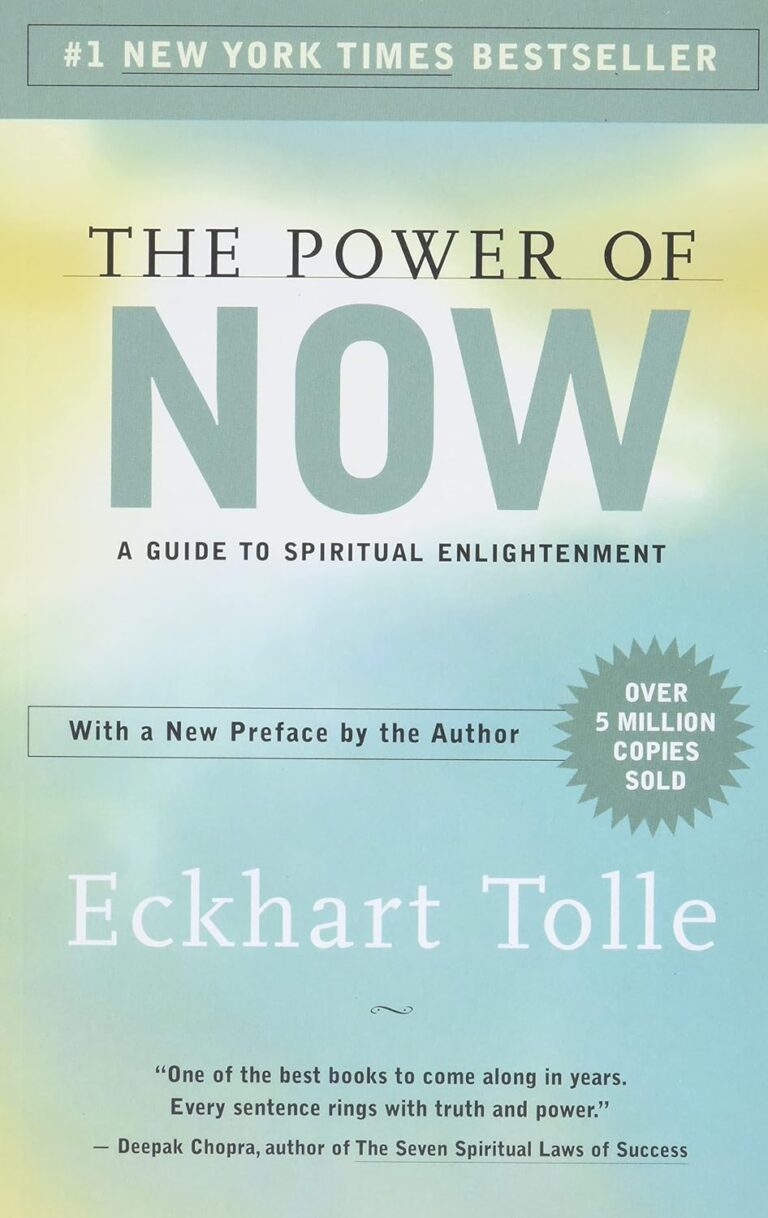
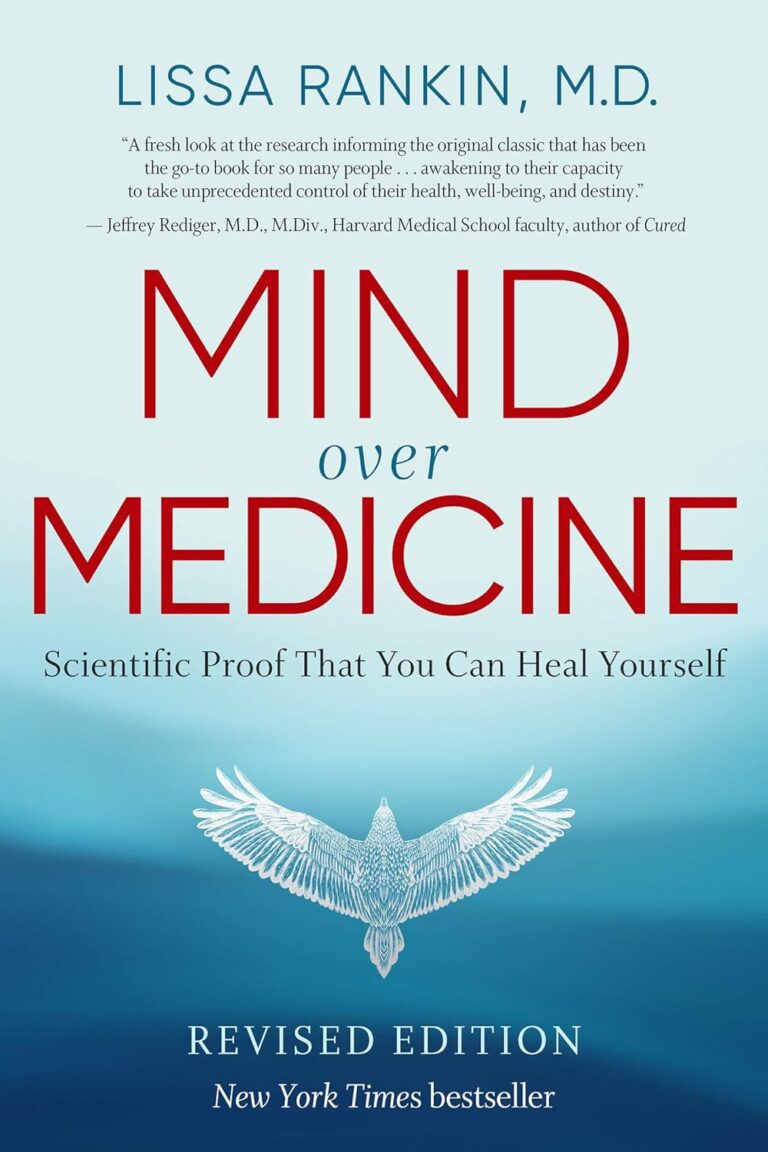
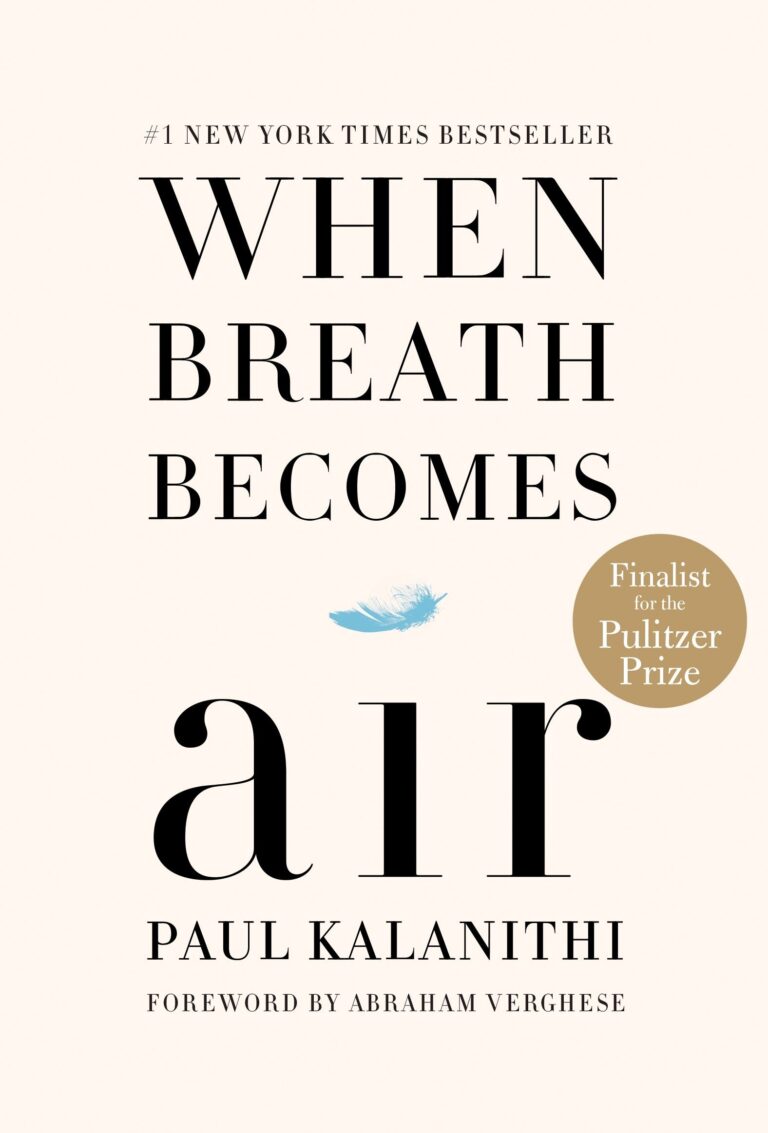

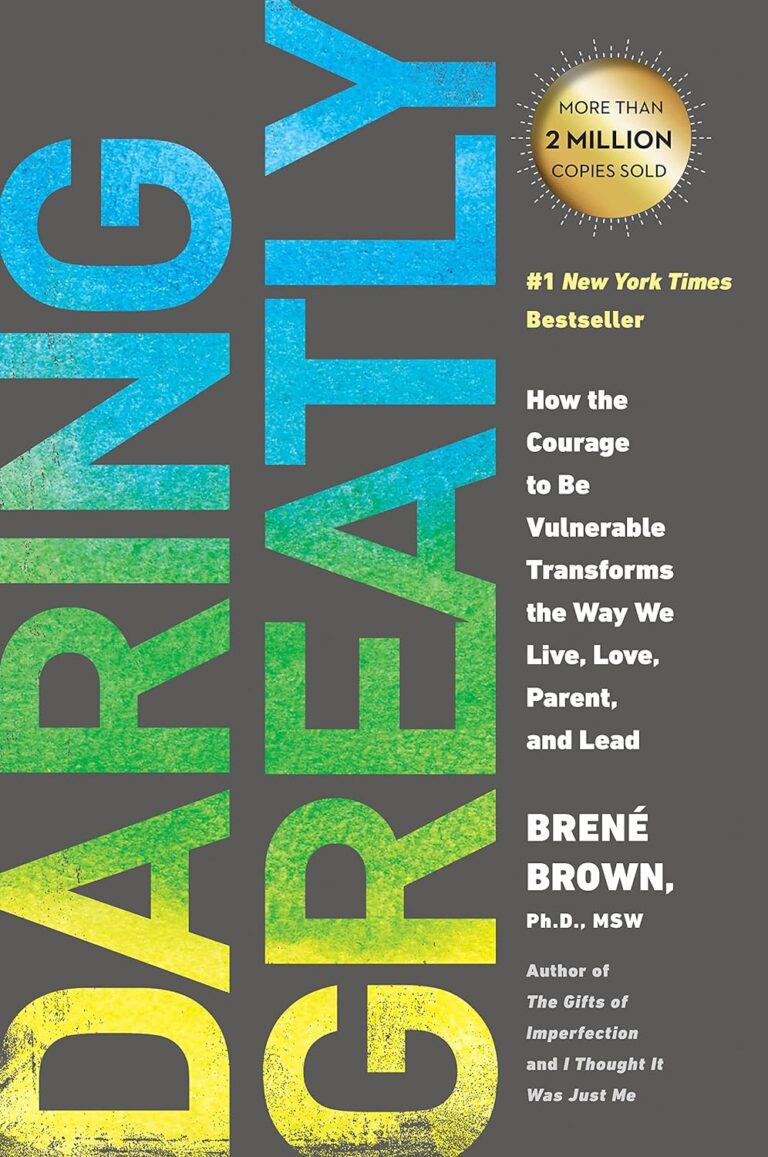
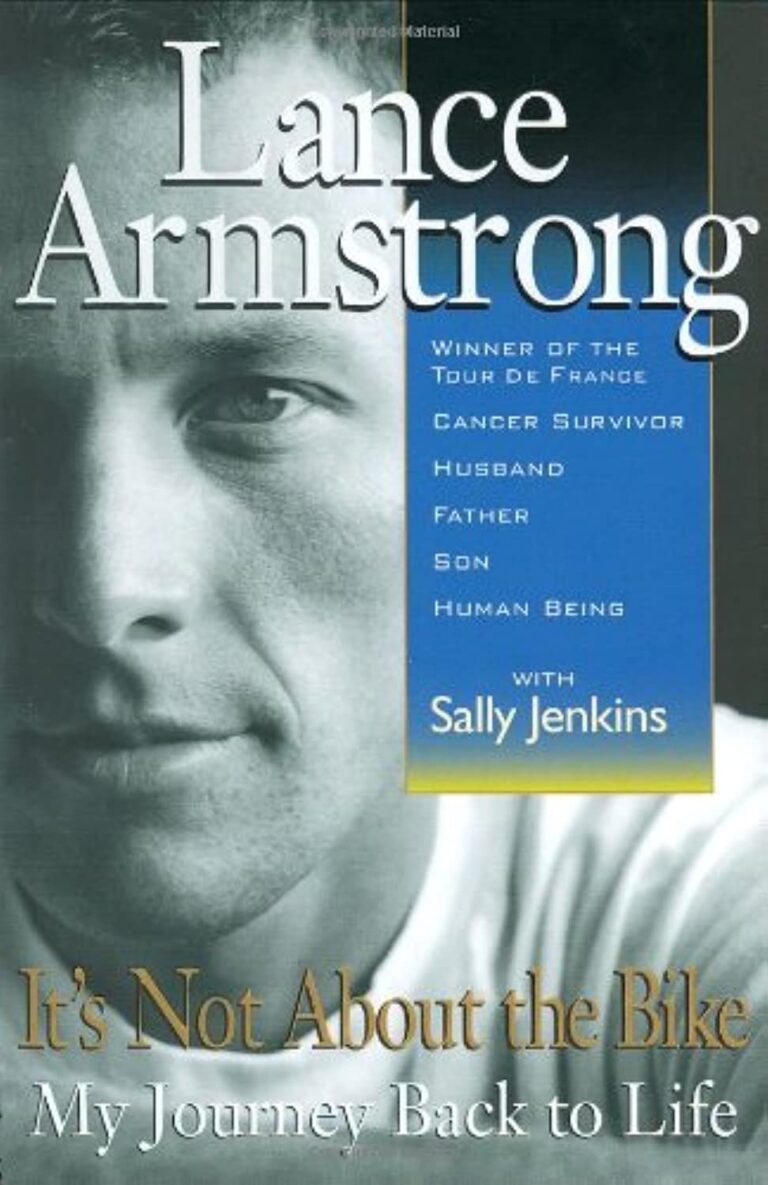
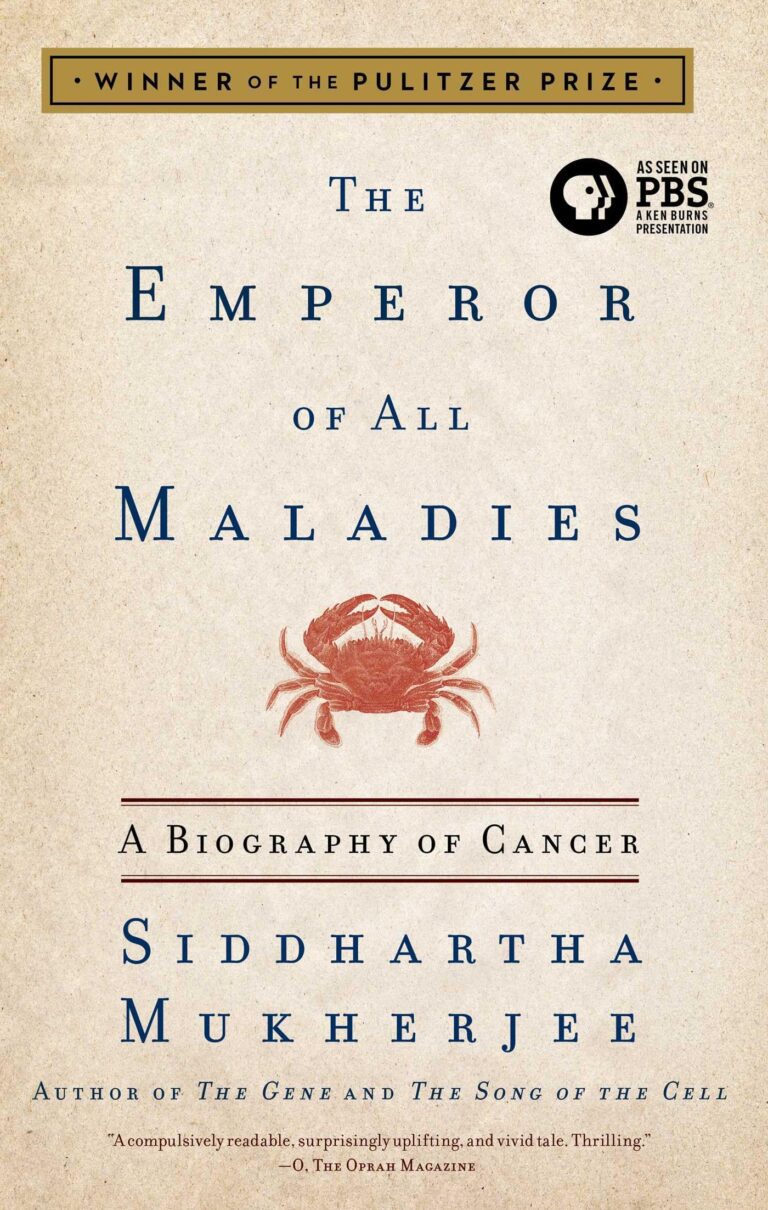




Comments
Thank you. Comment sent for approval.
Something is wrong, try again later